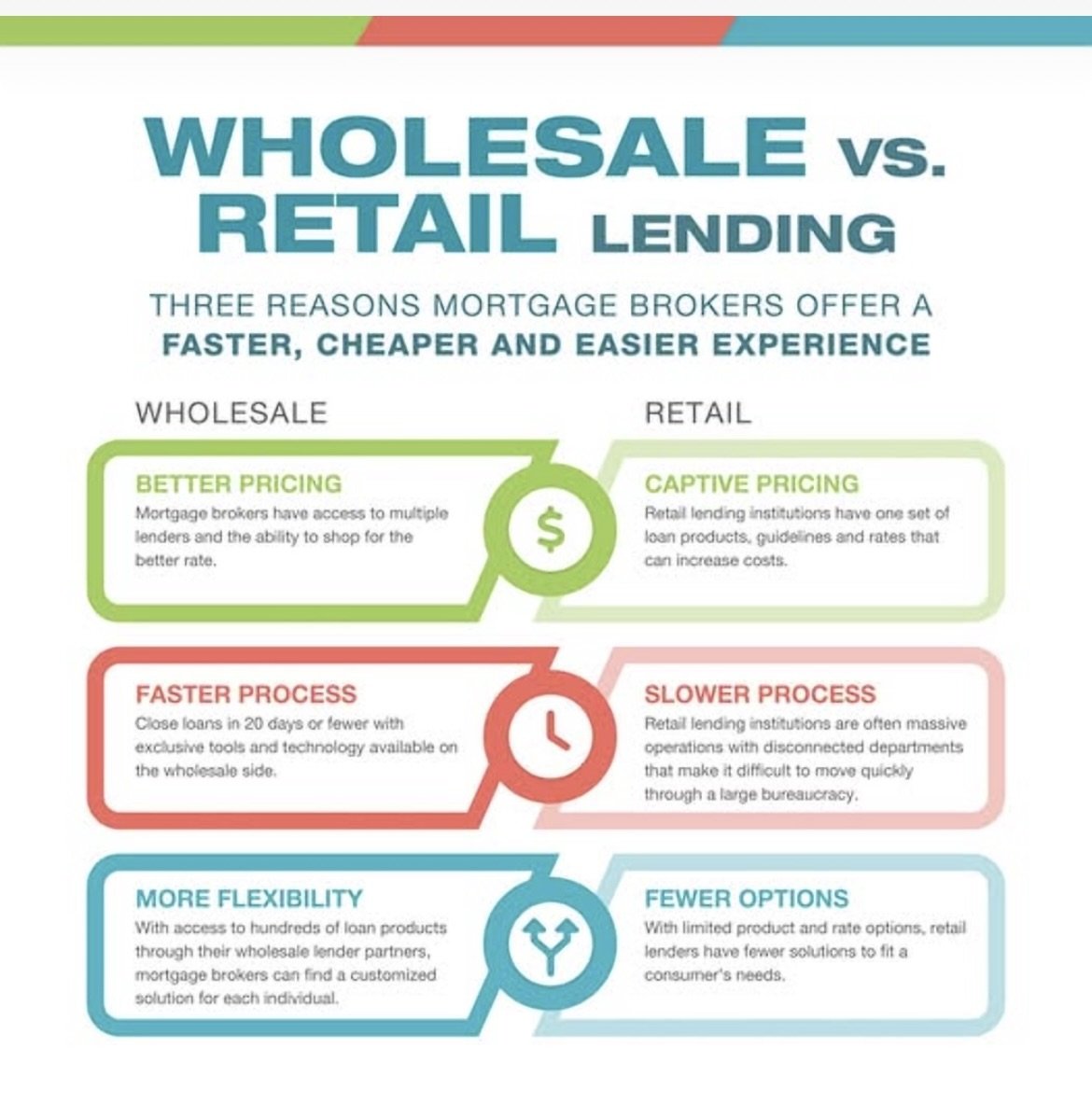What is a Cash-Out Refinance?
A cash-out refinance is a type of mortgage refinancing that allows homeowners to replace their existing mortgage with a new, larger loan and receive the difference in cash. This financial strategy is commonly used to access home equity for major expenses like home renovations, debt consolidation, or other financial needs.
How Does a Cash-Out Refinance Work?
When you take out a cash-out refinance, you apply for a new mortgage that is greater than the amount you currently owe on your home. The lender pays off your existing mortgage, and you receive the remaining amount in cash. For example, if your home is worth $300,000 and you owe $150,000 on your current mortgage, you might refinance for $200,000, leaving you with $50,000 in cash (minus closing costs and fees).
Benefits of a Cash-Out Refinance
Access to Lump-Sum Cash – Homeowners can leverage their home equity to fund major expenses, such as home improvements, education, or medical bills.
Lower Interest Rates – Compared to personal loans or credit cards, mortgage refinance rates are often lower, making this a cost-effective borrowing option.
Debt Consolidation – A cash-out refinance can help consolidate high-interest debts, such as credit cards or personal loans, into a single, lower-interest mortgage payment.
Potential Tax Benefits – In some cases, the interest on a cash-out refinance may be tax-deductible, especially if the funds are used for home improvements. Consult a tax professional for details.
Things to Consider
Closing Costs – Like any mortgage refinance, a cash-out refinance comes with closing costs, which typically range from 2% to 5% of the loan amount.
Impact on Home Equity – Taking cash out reduces your home equity, which may affect your ability to sell or borrow against your home in the future.
Extended Loan Term – Depending on the loan terms, a cash-out refinance might extend the repayment period of your mortgage, potentially increasing the overall interest paid over time.
Risk of Foreclosure – Since this loan is secured by your home, failure to make payments could result in foreclosure.
Is a Cash-Out Refinance Right for You?
A cash-out refinance can be a powerful financial tool if used wisely. It is ideal for homeowners who have built up significant home equity and need funds for large, necessary expenses. However, it’s essential to weigh the costs, risks, and benefits before proceeding.
Final Thoughts
If you’re considering a cash-out refinance, compare lenders, evaluate interest rates, and ensure you have a clear plan for how you’ll use the funds. Consulting us can help you make an informed decision that aligns with your financial goals.

